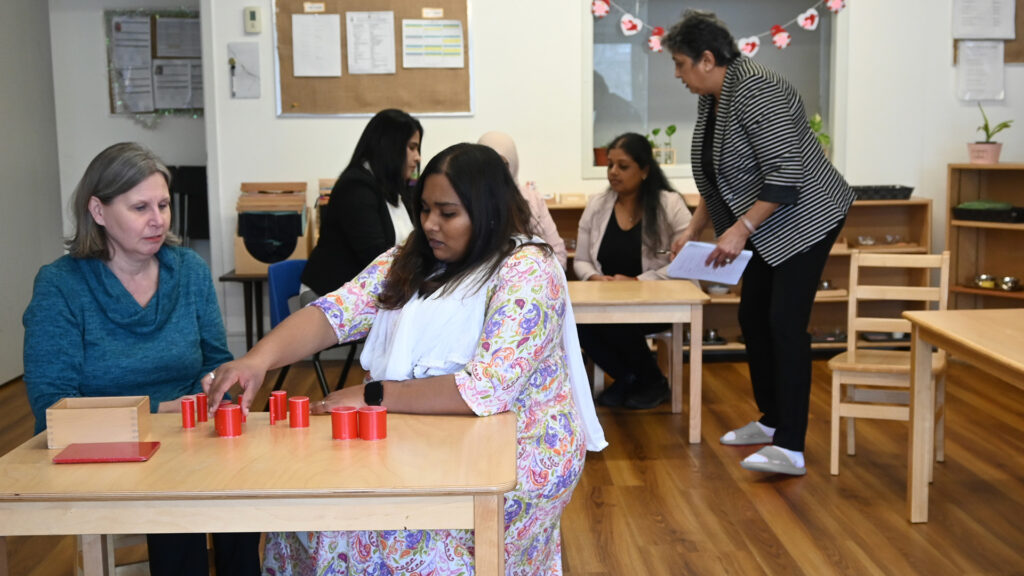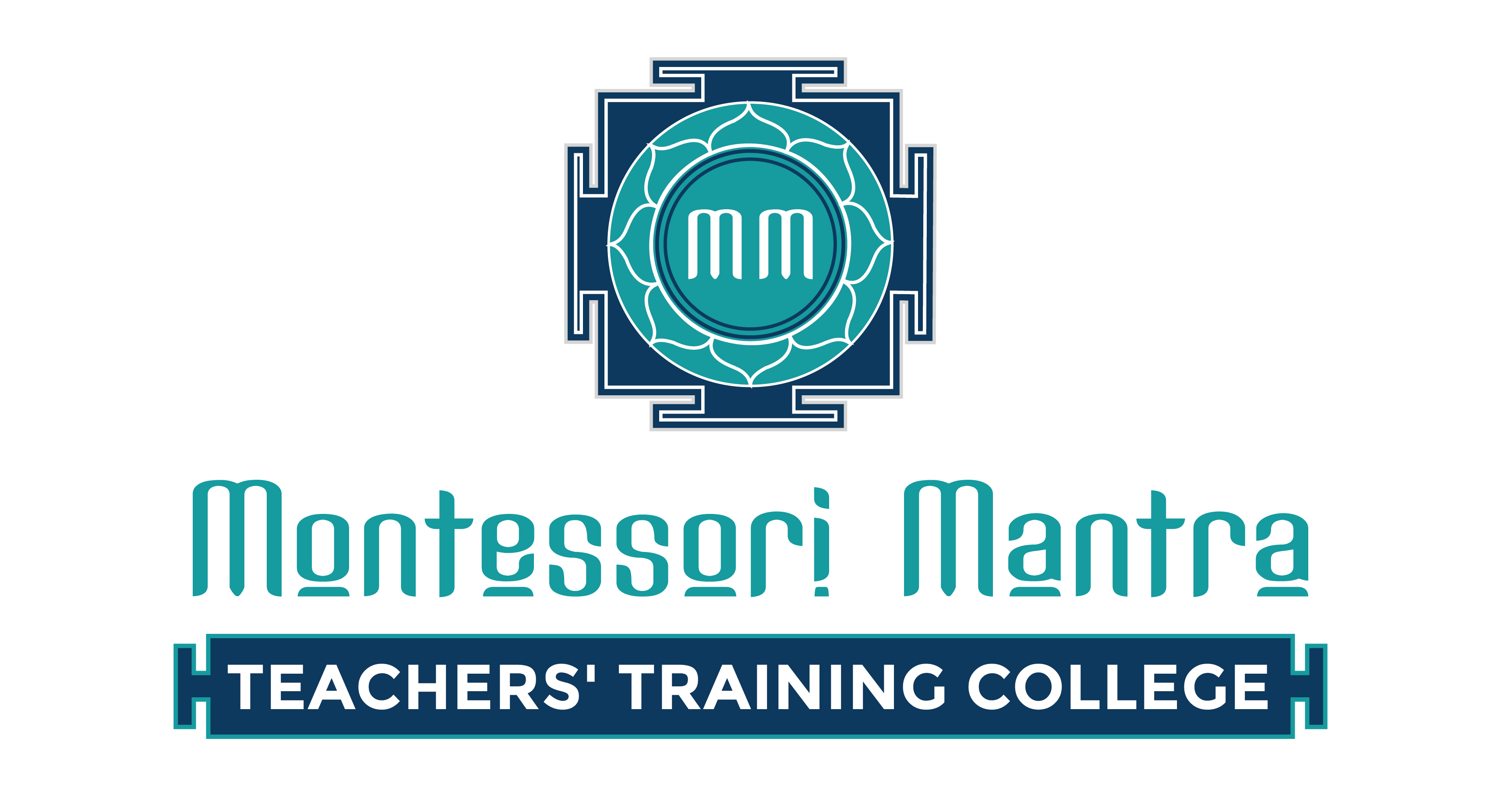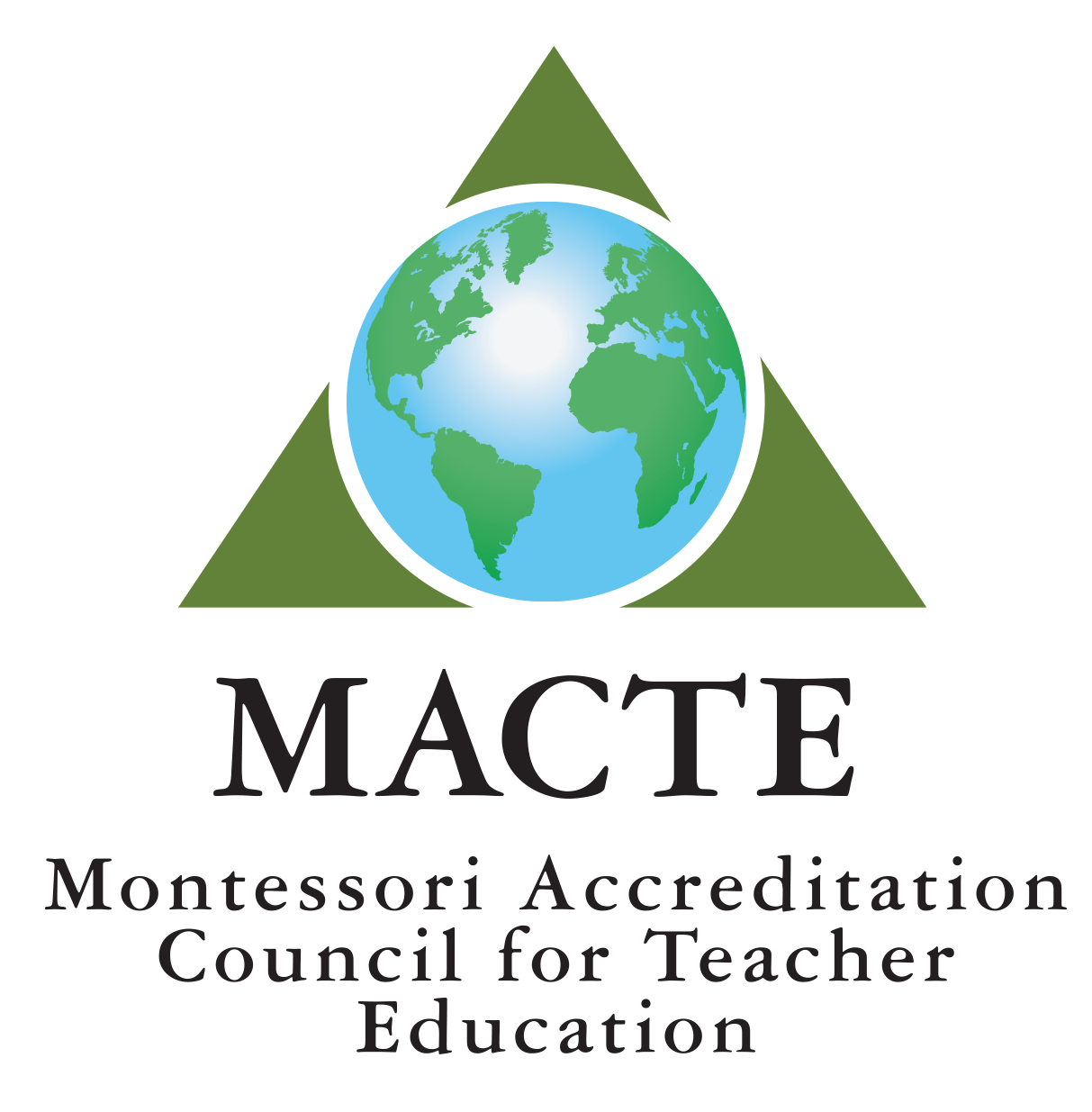
Choosing the right educational approach for children is one of the most important decisions parents and educators face. The Montessori method and traditional education are two prominent philosophies, each with its own unique features and benefits. For Montessori professionals, it’s crucial to understand these differences to better advocate for and implement the Montessori approach. Let’s explore the key differences between Montessori and traditional education.
Learning Environment
In a Montessori classroom, the environment is carefully prepared to facilitate independent learning and exploration. Children choose activities from a range of options, working at their own pace. Traditional classrooms, on the other hand, often follow a structured curriculum with a teacher-directed approach where students move through the material at the same pace.
Role of the Teacher
Montessori educators act as guides and facilitators, providing individualized attention and support. They observe and respond to each child’s needs, allowing them to take an active role in their own learning. Traditional education typically positions the teacher as the central authority, delivering information and directing all classroom activities.
Curriculum and Materials
Montessori education uses specially designed materials that promote hands-on learning and sensory exploration. These materials are self-correcting, enabling children to learn through trial and error. Traditional education often relies on textbooks, worksheets, and standardized tests, focusing more on rote memorization and less on experiential learning.
Mixed-Age Classrooms
Montessori classrooms group children in multi-age settings, allowing younger students to learn from older peers and older students to reinforce their knowledge by teaching. Traditional classrooms generally segregate children by age, limiting these peer learning opportunities.
Focus on Individual Pace
In Montessori education, children progress at their own pace, mastering concepts before moving on. This individualized approach respects each child’s unique development timeline. Traditional education often follows a one-size-fits-all pace, with students expected to keep up with the group regardless of their individual readiness.
Assessment Methods
Montessori education employs continuous and formative assessments based on observation and portfolios of student work, emphasizing growth and understanding. Traditional education typically uses grades and standardized tests to assess performance, which can create pressure and competition among students.
Emphasis on Life Skills
Montessori education integrates practical life skills into the curriculum, teaching children to care for themselves and their environment. Activities like cleaning, cooking, and gardening are part of daily learning. Traditional education tends to focus more on academic subjects, with less emphasis on practical life skills.
Social Development
The Montessori method fosters social development through collaborative work and a sense of community. Children are encouraged to help and learn from one another. Traditional education often emphasizes individual achievement, with less structured opportunities for collaborative learning.
Motivation and Discipline
Montessori education emphasizes intrinsic motivation, where children learn because they are interested and engaged. Discipline is approached with respect and an understanding of each child’s needs. Traditional education often relies on extrinsic motivation through rewards and punishments, and discipline may be more authoritarian.
Long-Term Outcomes
Studies have shown that Montessori-educated children often exhibit strong academic skills, social and emotional development, and a lifelong love of learning. While traditional education can also produce successful outcomes, the approach may not cater to all learning styles as effectively as Montessori.
Understanding these key differences helps Montessori professionals appreciate the unique benefits of the Montessori method. By embracing this child-centered approach, educators can create a nurturing and effective learning environment that supports the holistic development of every child.


